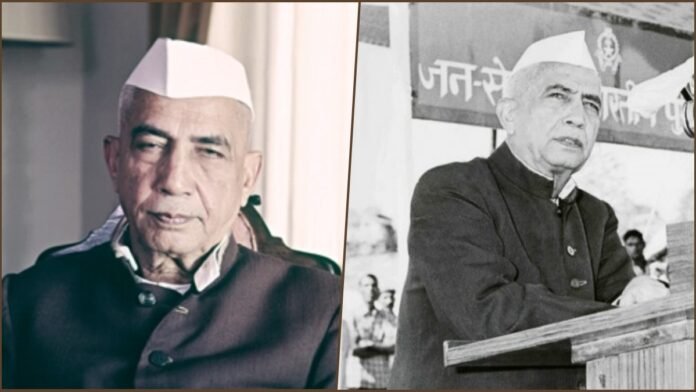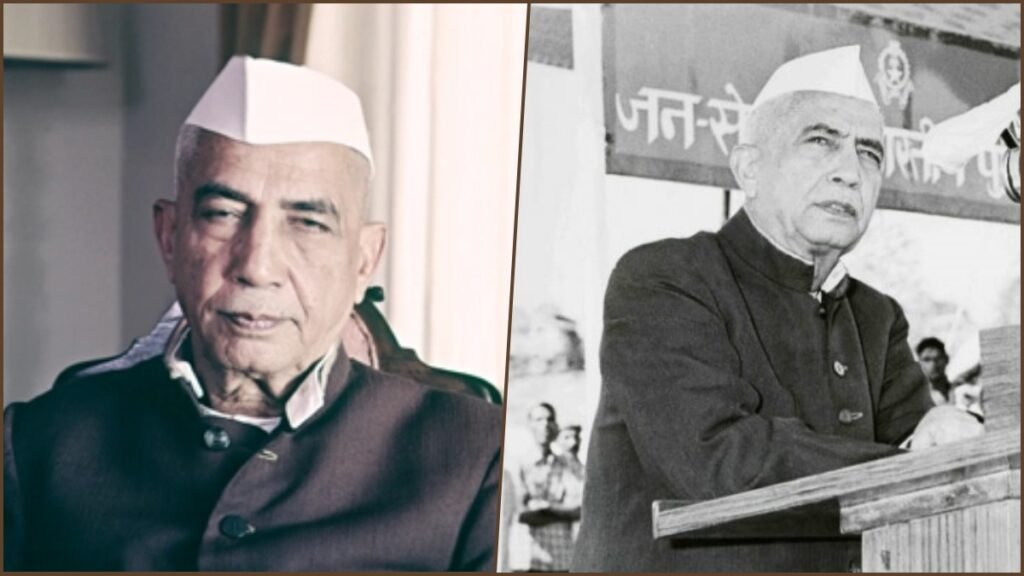
Key Points
- Indian Farmers’ Day (Kisan Diwas): Celebrated annually on December 23 to honor farmers and their contributions to the nation.
- Tribute to Chaudhary Charan Singh: The day coincides with the birth anniversary of former Prime Minister and farmer advocate Chaudhary Charan Singh.
- Revolutionary Policies for Farmers: Known for introducing landmark reforms like the Debt Redemption Bill (1939) and Zamindari Abolition Act (1953) to uplift the farming community.
- A Life of Simplicity: Despite holding the highest offices, Chaudhary Charan Singh remained grounded and connected to his farming roots.
- India’s Farmers: The Backbone of the Nation: Farmers’ tireless efforts sustain India’s agricultural success and global food exports.
India, often hailed as an agricultural country, thrives on the relentless efforts of its farmers, who form the backbone of its economy and food security. Every year, December 23 is celebrated as Indian Farmers’ Day (Kisan Diwas) to honor their contributions and pay tribute to the former Prime Minister, Chaudhary Charan Singh, whose legacy is etched in the history of agricultural reforms.
Farmers: The Lifeline of India
Farmers not only provide food for the nation but also play a critical role in economic stability. Despite enduring economic challenges, social stigmas, and physical hardships, they continue to work tirelessly to ensure food security. Recognizing their unparalleled efforts, Kisan Diwas is an opportunity for every Indian to express gratitude.
The Legacy of Chaudhary Charan Singh
Born on December 23, 1902, Chaudhary Charan Singh emerged as a powerful voice for farmers’ rights. Coming from a humble farming family, he understood the struggles of the agrarian community and dedicated his political career to addressing their issues. Known as the “Messiah of Farmers”, he introduced several pathbreaking reforms to uplift their socio-economic conditions:
- Debt Redemption Bill (1939): Freed farmers from exploitative moneylenders.
- Agricultural Produce Market Bill (1949): Paved the way for better agricultural market regulations.
- Zamindari Abolition Act (1953): Ended the feudal land ownership system.
- Land Holding Act (1960): Promoted equitable land distribution.
- NABARD (1979): Established the National Bank for Agriculture and Rural Development to support rural credit.
A Farmer at Heart
Chaudhary Charan Singh’s simplicity defined his life. Despite holding significant positions like Chief Minister of Uttar Pradesh, Finance Minister, Deputy Prime Minister, and eventually Prime Minister, he remained deeply connected to his farming roots. He often referred to India as a country of farmers, emphasizing their central role in national progress.
The Role of Farmers in India’s Growth
India’s farmers contribute significantly to its progress, ensuring not just domestic food security but also enabling exports. With advancing technology and scientific methods, the agrarian community is evolving, adopting innovations for better yields and sustainable practices.
Government Initiatives and the Way Forward
Recognizing farmers as Annadaatas, central and state governments continue to implement welfare schemes aimed at boosting agricultural growth. From subsidies to modern farming techniques, the focus remains on empowering farmers to overcome challenges and thrive in a globalized economy.

Honoring Farmers Every Day
Farmers are more than just food providers—they are the nation’s lifeline. While Kisan Diwas is a symbolic gesture to honor them, their contribution deserves daily acknowledgment and respect. As Chaudhary Charan Singh aptly noted, India’s strength lies in its farmers, and their empowerment is key to the nation’s prosperity.












































